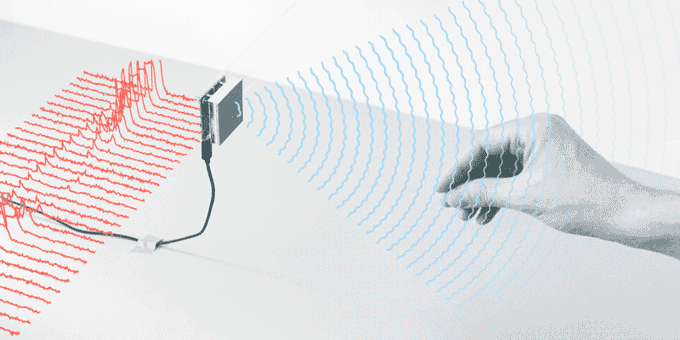
What are Sensors Applications?
Sensors have numerous applications across different industries, including healthcare, manufacturing, transportation, environmental monitoring, and home automation. They enable us to detect and monitor physical, chemical, and biological stimuli in real-time, allowing us to make informed decisions and automate processes for improved efficiency and safety.
In healthcare, sensors are used to monitor vital signs, such as heart rate, blood pressure, and oxygen levels, and detect abnormalities or changes in a patient’s condition. They can also be used to track medication adherence and monitor chronic conditions such as diabetes and asthma.
In manufacturing, sensors are used to ensure the quality and safety of products and detect malfunctions or errors in machinery. They can be used to monitor machine performance, detect faulty parts, and predict maintenance needs to minimize downtime.
In transportation, sensors are used in vehicles to monitor various parameters, including speed, distance, and fuel efficiency. They can also be used to detect and prevent accidents by alerting drivers to potential hazards and automatically applying brakes in emergency situations.
In environmental monitoring, sensors are used to measure air and water quality, detect pollution, and predict natural disasters. They can also be used to monitor weather conditions and predict changes in climate patterns.
In home automation, sensors are used to control and monitor various systems, including lighting, heating, and security. They can be used to detect movement, occupancy, and temperature, enabling homeowners to adjust settings and conserve energy.
Sensors Applications Research @ ACPS Research Group
Sensor applications are rapidly expanding into new fields and domains, and here are some emerging research areas in sensor applications of the ACPS research group. Autonomous Vehicles: Sensors play a critical role in enabling autonomous vehicles to navigate and avoid obstacles. ACPS group research focuses on developing sensors that can detect a wider range of objects, operate in low-light conditions, and work in complex environments. Smart Cities: Sensors can be used to monitor traffic flow, air quality, and other factors in cities to improve public safety and quality of life. ACPS group research focuses on developing sensors that can provide real-time data and enable more efficient city management. Energy Efficiency: Sensors can be used to monitor energy usage in buildings and optimize energy consumption. ACPS research group focuses on developing sensors that can track energy usage in real-time, provide recommendations for reducing energy consumption, and enable more efficient use of renewable energy sources. Industrial Automation: Sensors can be used in manufacturing to monitor equipment performance, detect faults, and optimize production processes. ACPS research group focuses on developing sensors that can work in harsh environments, detect a wider range of issues, and enable more efficient manufacturing processes. Personalized Healthcare: Wearable sensors can track vital signs, detect early warning signs of health issues, and monitor medication adherence. ACPS research group focuses on developing sensors that can collect more comprehensive health data, predict health outcomes, and enable personalized treatment plans.